Keywords: Media Laws
There are more than 200 results, only the first 200 are displayed here.
-
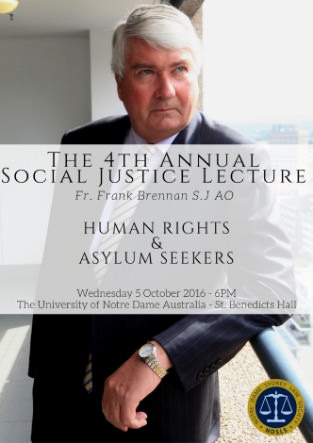
AUSTRALIA
- Frank Brennan
- 06 October 2016
8 Comments
Australia's policy is unique and unrepeatable by other nations because it requires that you be an island nation continent without asylum seekers in direct flight from the countries next door and that you have access to a couple of other neighbouring island nations which are so indigent that they will receive cash payments in exchange for warehousing asylum seekers and proven refugees, perhaps indefinitely. The policy over which Turnbull presides is not world best practice. It's a disgrace.
READ MORE
-

RELIGION
- Frank Brennan
- 23 September 2016
18 Comments
'No good will be served by a royal commission auspiced by the state telling a Church how it judges or complies with its theological doctrines and distinctive moral teachings. By all means, set universal standards of practice expected of all institutions dealing with children, but do not trespass on the holy ground of religious belief and practice.' Fr Frank Brennan SJ addresses the Freedom for Faith Conference in Melbourne, 23 September 2016.
READ MORE
-
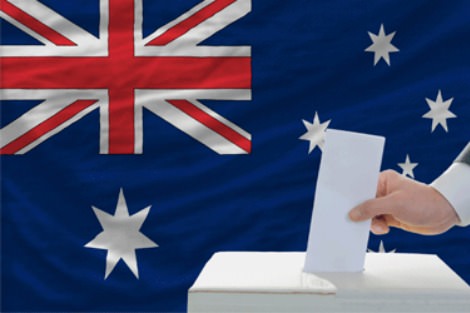
INTERNATIONAL
- Fatima Measham
- 01 July 2016
8 Comments
When the democratic exercise is no longer the aggregate of informed, reasoned choices, but a matter of mood, then the business of persuasion - politics - becomes far less about ideas and more about momentary catharsis. This shifts the function of politicians and government, from leading and dispensing equity to masturbatory aid. Even so, there are questions worth asking. But at whose expense are public moods assuaged? After catharsis, what happens next?
READ MORE 
-
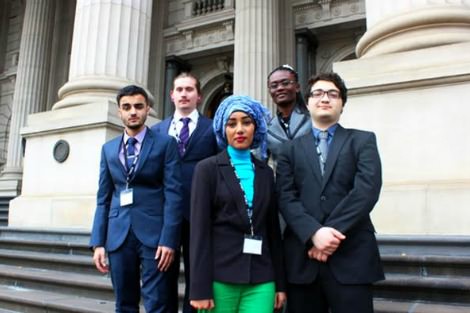
AUSTRALIA
- Katie Miller and Caitlin Meyer
- 29 June 2016
4 Comments
'I'm doing it for my kids.' This is how some supporters of Brexit explained their position before the referendum. Yet 75 per cent of voters aged 18 to 24 voted to Remain. It seems the message from 'the kids' to older voters was 'thanks, but no thanks'. The same can be seen in domestic politics here in Australia. We often hear politicians and voters talk about the effects of a policy on future generations. Yet the issues of concern to young people themselves simply don't get much attention.
READ MORE 
-

INTERNATIONAL
- Andrew Hamilton
- 23 June 2016
19 Comments
Some commentators in the Australian media have welcomed the prospect of Britain's leaving the EU. The founders of the union would recognise these commentators' hoped-for changes. They are precisely the conditions that contributed to the wars that they so feared: the xenophobia, disregard for human rights, chauvinism, military adventures entered by individual nations and competitive economic policies that alienated citizens and so bred authoritarian and ideologically inspired leaders.
READ MORE 
-

AUSTRALIA
- Kate Galloway
- 18 May 2016
19 Comments
Newly appointed Senator for Western Australia, Pat Dodson, in his first week on the job, raised the thorny political question of treaty. I see the need for both treaty and constitutional reform, which support each other in promoting justice for Aboriginal and Torres Strait Islander Australians. But the limitations of my understanding are both that I am a lawyer, and that I am not an Indigenous Australian. I need to heed the diverse voices of Indigenous Australia in understanding what is truly at stake.
READ MORE 
-
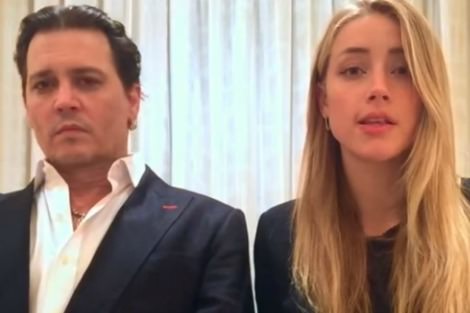
ENVIRONMENT
- Bronwyn Lay
- 21 April 2016
15 Comments
In the face of the increasing environmental destruction legally occurring within Australia's borders, chasing actors Johnny Depp and Amber Heard for bringing their undeclared dogs into Australia in breach of biosecurity laws comes across as a curated media stunt. Like everywhere in the world, Australian environmental law is at a crossroads. On one hand government regulations that permit violence against habitat increase, and on the other, legal challenges against this destruction rise.
READ MORE 
-
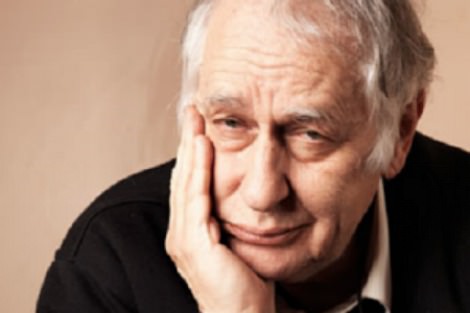
AUSTRALIA
- Binoy Kampmark
- 05 April 2016
7 Comments
Ellis' work is a prime example of the notion advanced by the French existentialist philosopher Jean-Paul Sartre: that committed literature, and the act of writing, are political and ethical acts. Even in a film script, one can ponder social political change. Always of the left, but never formally the structured party man of faction and following, the dishevelled, sometimes wild Ellis proved contrarian even to Labor stalwarts. There were never pious reflections, or unqualified praises.
READ MORE 
-
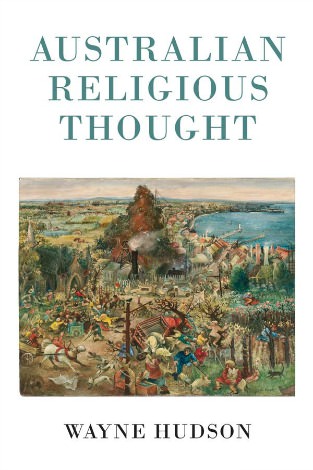
RELIGION
- Frank Brennan
- 22 March 2016
6 Comments
I offer no public judgment of Pell, and unlike many other commentators I'll await the findings of the royal commission. I have however been outspoken about his right to a fair hearing and natural justice, not because I am a priest but because I am a human rights lawyer who cares about the universal application of the rule of law. It is when a representative of institutional religion like Pell taps into the generic religious sensibility or moral consciousness that the real work of Australian religious thought is done.
READ MORE
-
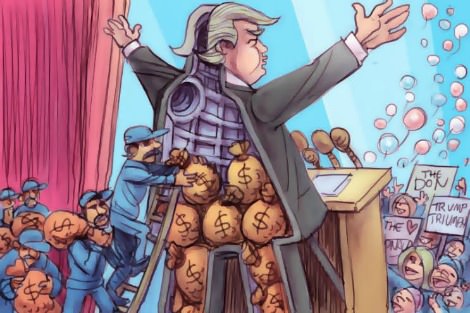
AUSTRALIA
- Justin Glyn
- 15 March 2016
6 Comments
The standard explanation for the rise of 'outsider' figures like Donald Drumpf in the US and Clive Palmer in Australia is that there is disillusion in democratic countries with 'politics as usual'. Neal Gabler has blamed the media for turning politics into celebrity theatre. While he has pinpointed the symptom, I suggest that he has it exactly the wrong way around. It is because politics has already been hollowed out to be a slanging match of personalities rather than ideas that vacuous celebrities can flourish.
READ MORE 
-
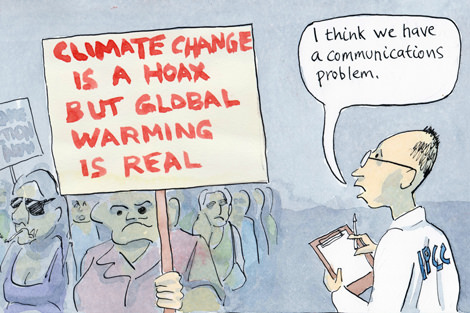
ENVIRONMENT
- Greg Foyster
- 11 March 2016
3 Comments
The best known examples of framing come from American cognitive linguist George Lakoff. He argues that George W. Bush replaced the phrase 'tax cuts' with 'tax relief' to reframe paying tax as an affliction. Embedded in those two words is a neo-conservative worldview against government intervention in the private sphere. If you accept the term, you absorb the worldview. In a similar way, a few words could build political will to tackle climate change. The problem is no one is sure what they are.
READ MORE 
-

AUSTRALIA
- Kate Galloway
- 24 February 2016
4 Comments
It is right and good that the outpouring of community and professional goodwill has at least delayed the return of baby Asha to what are reported to be the terrible conditions of the detention centre on Nauru. But Australia's asylum seeker laws involve unresolved systemic issues that such wins cannot by themselves resolve. Widespread community focus on individual cases such as that of baby Asha may in fact prevent action on the deeper issues from gaining traction.
READ MORE 